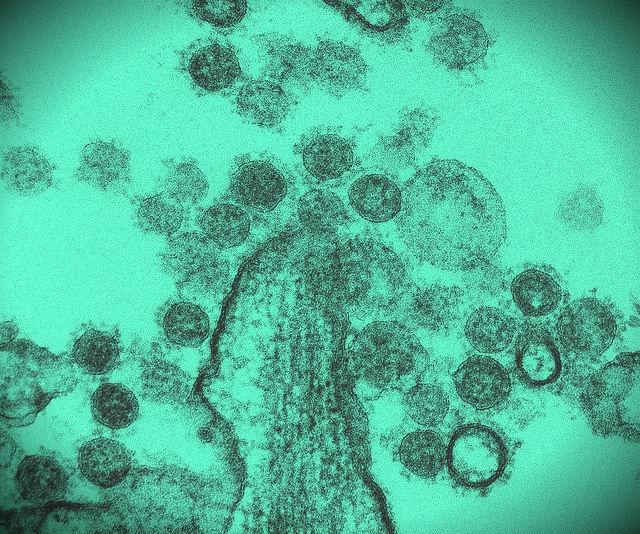Reflecting on the heavy toll that continued MERS-CoV activity is taking on medical staff, Saudi Arabia reported three more illnesses today, two of them in foreign healthcare workers in Riyadh.
The new MERS-CoV (Middle East respiratory syndrome coronavirus) infections come against the backdrop of an ongoing large hospital outbreak in the Saudi capital, as well as continued transmission in a handful of other cities, including Medina, one the country's holy cities set to host large crowds for the Hajj pilgrimage, which starts on Sep 20.
The two new cases in Riyadh, likely linked to an outbreak at King Abdulaziz Medical City, involve two women, ages 28 and 29. Both had contact with an earlier case and are hospitalized in stable condition, according to a statement today from the Saudi Ministry of Health (MOH).
So far 164 cases have been reported in Riyadh since Jul 21, a large portion of them associated with the hospital outbreak.
The third case involves a 55-year-old Saudi man from Al-Quway'iyah, a city about 120 miles southwest of Riyadh. His illness is the second case to be reported from that location in the past week. The man had contact with an earlier MERS case and is listed in stable condition.
Six foreign medical workers today were reported as recovering from the disease, according to the MOH. All were from Riyadh and range in age from 24 to 51. None of them had underlying medical conditions.
The MOH said 45 people are still being treated for their MERS-CoV infections, and another 9 are in home isolation.
Today's newly announced cases lift Saudi Arabia's total from the disease since it was first detected in humans in 2012 to 1,238, which includes 523 deaths.
Effect on camels
In other developments, Saudi camel owners have seen prices for the animals destined for slaughter drop by 50% and are worried about their industry, given continuing MERS-CoV circulation and statements from government officials, Arab News reported yesterday. Health officials a few weeks ago announced a ban on the traditional slaughter of camels for upcoming Hajj sacrifices.
According to the report, camel owners are also worried about news that the Um Ruqaiba festival will be stopped. The event is a camel "beauty pageant" that takes place in a desert town, drawing thousands of spectators and camel owners from several other Gulf countries. Similar events are held in other cities and countries.
At a meeting last week, camel owners called on government officials to prove the link between MERS-CoV and camels.
See also:
Sep 15 Saudi MOH statement
Sep 14 Arab News story




















